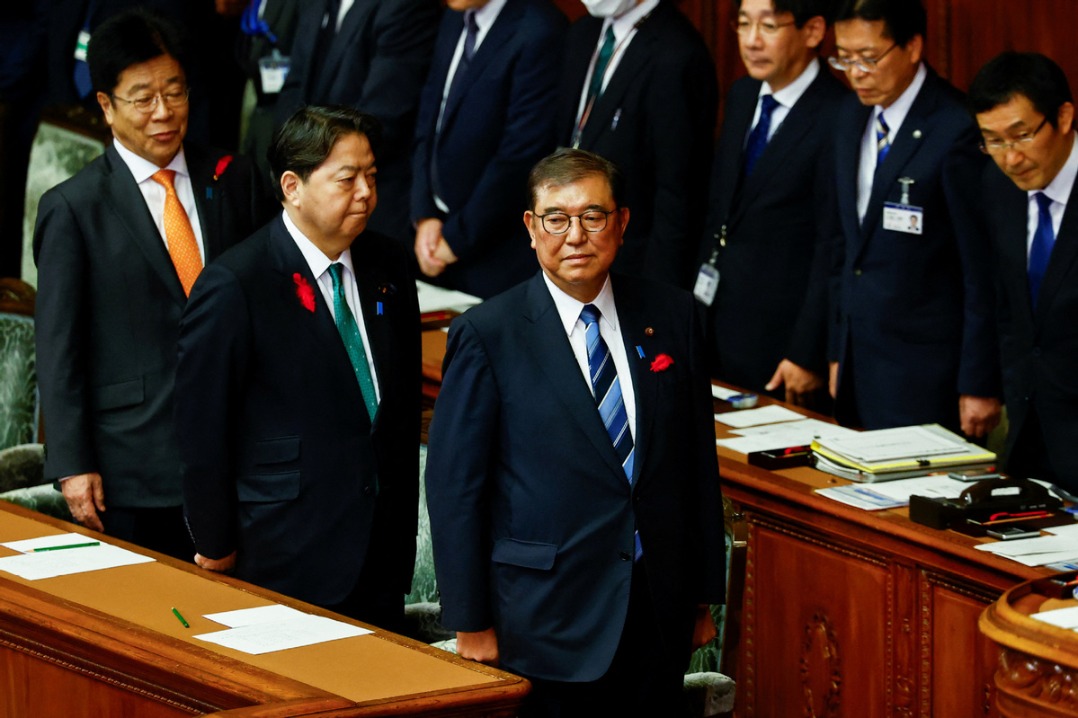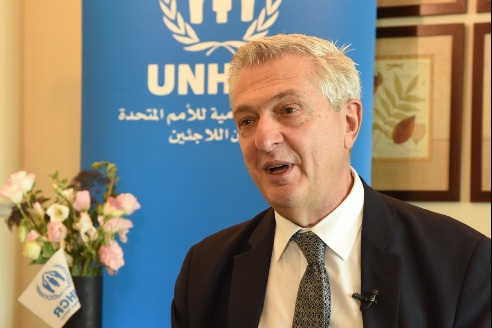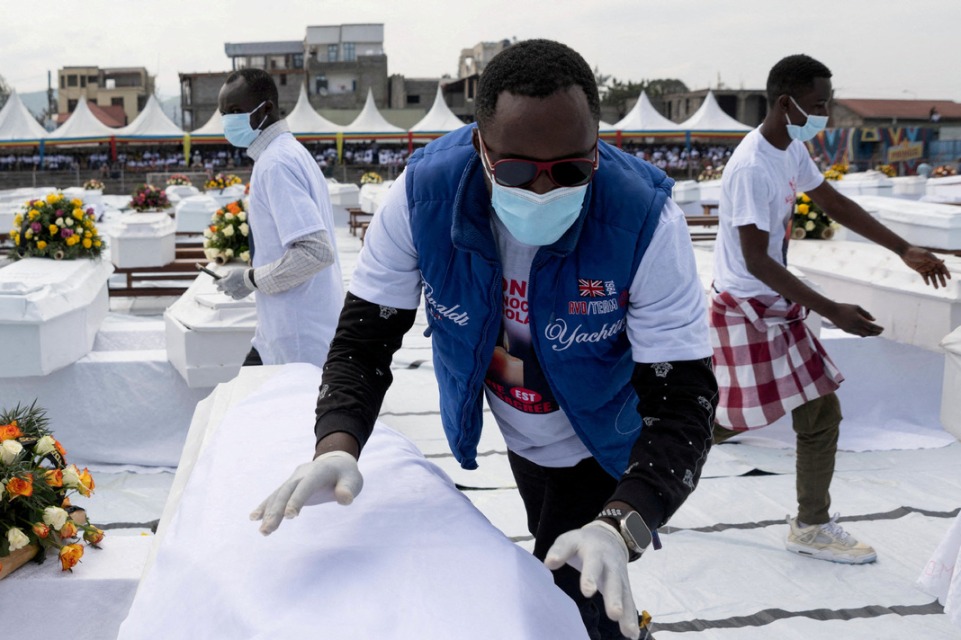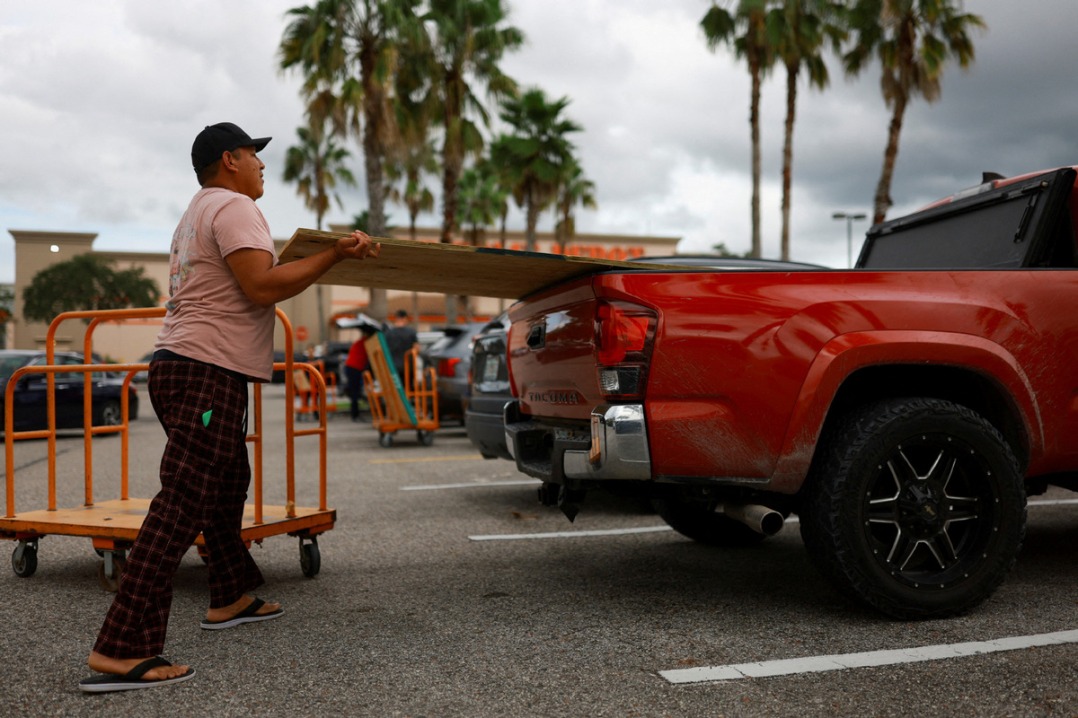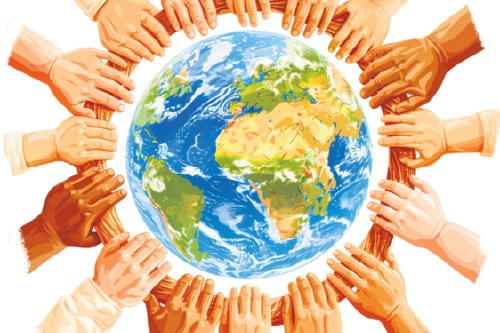Hearing loss a neglected but rising challenge in Africa


A two-day African Summit on Hearing Impairment in Nairobi, Kenya, organized by the World Health Organization, or WHO, has been told that by 2030, the number of people in Africa living with hearing loss could rise to 54 million, up from 40 million today.
According to the status report on ear and hearing care in the WHO African region presented at the summit on October 7th, an acute shortage of ear and hearing care specialists on the continent, as well as an uneven distribution of the mainly urban-based available workforce, is one of the main factors driving the surge in hearing loss in Africa.
"More than 56 percent of African countries have just a single ear, nose and throat specialist for every one million people, whereas in Europe it is roughly 50 per million. Meanwhile, more than three-quarters of countries in Africa have fewer than one audiologist and one speech and language therapist for every million people," the report stated.
At the close of the summit, delegates resolved that ear and hearing care should be urgently integrated into existing health programs to optimize the use of scarce resources, while governments should explore public-private partnerships towards strengthening services.
They also highlighted the need for dedicated financing to equip facilities and deliver products and technologies to fight hearing loss.
Lorna Maina, from the Deaf Empowerment Society of Kenya, noted that there is a rising trend among the deaf community in the country. Previously, her non-governmental organization would mainly support people who were born deaf but lately, cases of people who turn deaf after being born with hearing ability have been on the rise.
Maina said the fact that people cannot easily access treatment for ear infections that could lead to deafness has impacted the society's work of mitigating the challenges faced by deaf people in the country.
Her main concern is that Kenya does not have enough resources to assist the existing deaf population, and preventing avoidable hearing loss should come as a priority.
"As a society, we are still struggling to help deaf people navigate challenges like unemployment due to lack of trust in their ability, inadequate interpreters to help them participate in society and lack of access to equipment like hearing aids," she said. "This is in addition to the general discrimination that affects their lives like attaining education and getting basic services where there are no interpreters."
She added that individual citizens also have a role to play, especially in helping deaf people address their challenges through creating awareness.
People do not have to be deaf to learn sign language and with more people losing their hearing, she said there could emerge a significant population which is locked out of many socioeconomic activities because of the communication barrier.
















